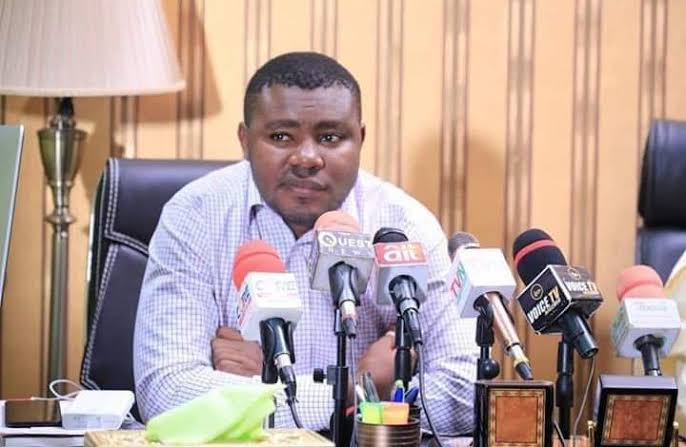The debate surrounding Nigeria’s security leadership has intensified, with calls for the removal of service chiefs met with staunch opposition. Philip Agbese, Deputy Spokesperson of the House of Representatives, has characterized these demands as a calculated “propaganda warfare” tactic designed to erode public trust in the armed forces and undermine their ongoing efforts against insurgency and banditry. Agbese argues that the service chiefs have demonstrated tangible progress in combating these threats and that their removal would be detrimental to national security. His position echoes that of former Senate Leader Ali Ndume, who cautioned against such a move, warning of the potential demoralizing effect on the armed forces amidst continuing security challenges.
Agbese contends that the calls for leadership change are a desperate attempt by terrorist groups and their supporters to disrupt the progress being made by the military. He emphasizes that the service chiefs possess extensive professional experience and international recognition, making them valuable assets in Nigeria’s fight against insecurity. Instead of focusing on their removal, Agbese advocates for unwavering public support for the armed forces, emphasizing the critical role of public trust in achieving lasting security. He stresses that the current leadership has implemented effective strategies and achieved notable successes, thereby demonstrating their competence and commitment to protecting the nation.
The Deputy Spokesperson highlights specific achievements attributed to the various service chiefs. He commends the Chief of Army Staff, Lt. Gen. Olufemi Oluyede, for his community-focused approach, which he believes has enhanced intelligence gathering and fostered crucial collaboration between the military and local populations. Agbese lauds the Chief of Defence Staff, General Christopher Musa, for his coordination of joint operations under a unified counter-terrorism framework, citing Nigeria’s hosting of the African Defence Chiefs’ Summit as evidence of his leadership prowess. Furthermore, he acknowledges the Chief of Naval Staff, Vice Admiral Emmanuel Ogalla, for effectively tackling oil theft and maritime crime, contributing to increased government revenue.
Agbese’s detailed defense of the service chiefs paints a picture of a coordinated and strategic approach to addressing Nigeria’s complex security landscape. He portrays Lt. Gen. Oluyede’s on-the-ground presence and tactical innovations as key factors in weakening terrorist and bandit networks, simultaneously fostering trust within affected communities. General Musa’s leadership in coordinating joint operations is presented as a crucial element in creating a unified and effective response to terrorism. Finally, Vice Admiral Ogalla’s efforts in combating oil theft and maritime crime are highlighted as significant contributions to national security and economic stability.
The core of Agbese’s argument revolves around the notion that effective security leadership requires not only strategic acumen but also the unwavering trust and support of the populace. He dismisses the calls for removal as mere “propaganda of despair,” designed to sow discord and undermine public confidence. He maintains that the current service chiefs are among the most capable in Africa, enjoying global respect for their professionalism and achievements. He warns that succumbing to these demands would be tantamount to sabotaging the progress being made and allowing terrorists to dictate the nation’s security agenda. He advocates for a united front in support of the armed forces, emphasizing that this is not the time to undermine their efforts.
Agbese underscores the need for sustained regional cooperation in addressing security challenges, pledging to advocate for stronger partnerships within the Pan-African Parliament. He believes that Nigeria’s leadership in the fight against terrorism and other forms of insecurity should extend beyond military operations to encompass intellectual and policy-level engagement. This multifaceted approach, combining strategic military action with community engagement and regional collaboration, forms the basis of Agbese’s argument for maintaining the current military leadership and bolstering public support for their efforts. He sees this as crucial to achieving lasting peace and stability in Nigeria.


